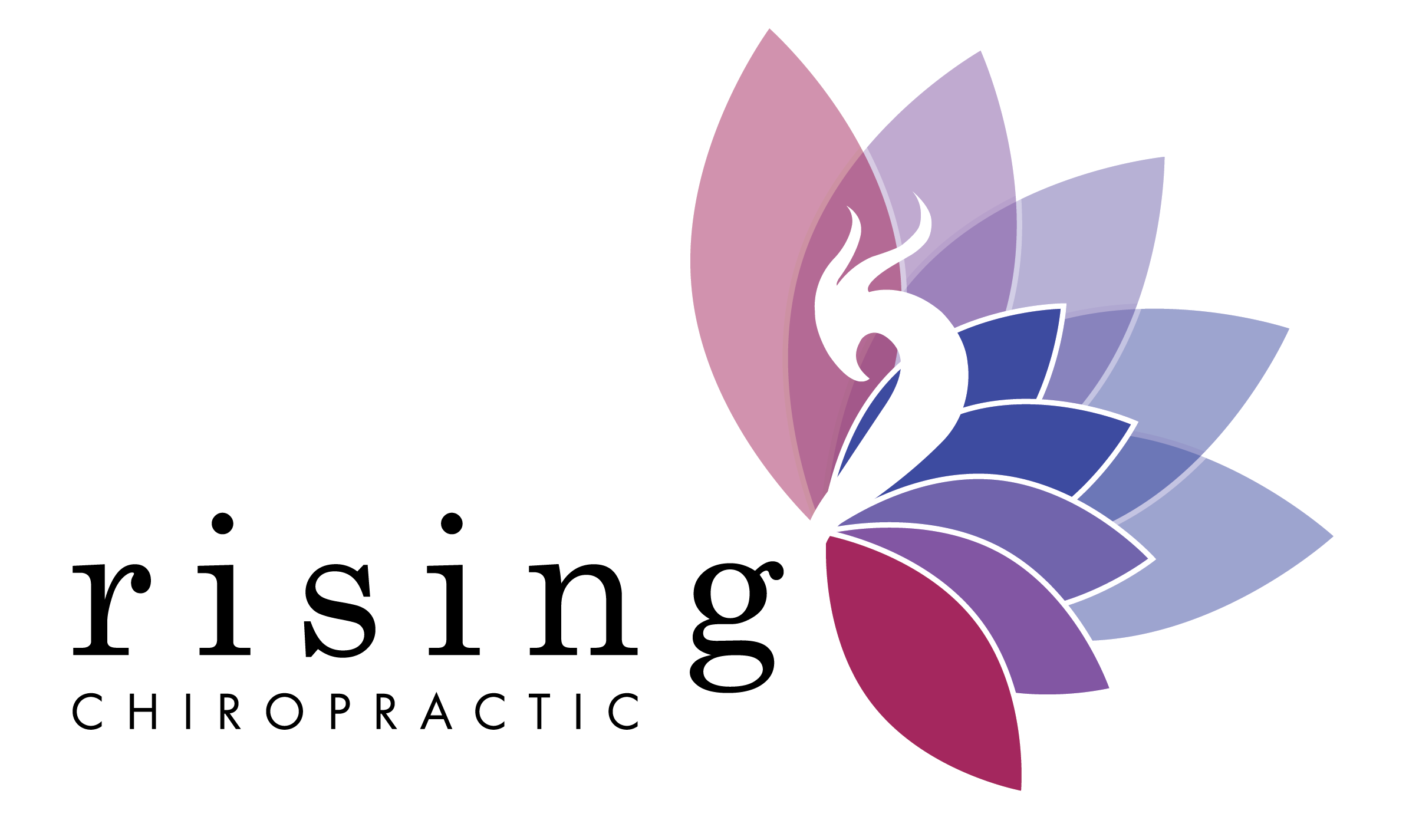Designed & Boosted by My Social State
YOUR HEART AND YOUR HEALTH
February is American Heart Month1!
Your heart is vital to your health. It is basically the generator for your body2. Your heart is responsible for pumping blood through every artery and vein. It works with your respiratory system to pump oxygen through the blood to every tissue and cell. This process provides nutrients to your cells and helps remove waste. Your organs need a constant supply of blood and oxygen, so keeping the heart pumping—and pumping well—is essential to your vitality and longevity.
Thus, keeping your body in optimal health is vital.
Everyone knows that being healthy is important. The thing is not everyone knows what being healthy really means. There are several definitions of health, and there are myriad ways to approach your health. This leads to a lot of confusion; so much so that it makes it difficult to know if one is or is not truly healthy.
According to Sartorius3, the first definition of health is the mere absence of disease or impairment. This is a simple definition that basically states: If you are free of disease or any sort of impairment, then you are healthy. If you have a disease or impairment, then you are not healthy. There are two primary concerns with this definition. The first is the fact that it is not so easy to know if you do or do not have a disease. Take heart disease for instance. There are few symptoms or warning signs of heart disease. Just because your heart is beating does not mean it is beating well. If it is not beating well, then you have heart disease. Statistics show that the primary sign of heart disease is a heart attack. In other words…death can be the first sign of heart disease. The second concern is how HOPELESS this definition is. This definition is black and white, and it implies that if the disease or impairment is chronic, one cannot ever be healthy. Take for instance someone who survived a heart attack. By this definition, that person can never be healthy. Consider someone with HIV or a traumatic brain injury, or fibromyalgia. Under this definition, anyone with a chronic disease or limitation has no hope of being healthy. Does that feel good to you?
Yet this is the model that the medical profession espouses. A medical doctor generally will not provide help if you do not have a disease. The medical profession is built on sick patients, and their main mode of help is through remedies such as drugs and surgeries. This does not make the medical profession wrong. In fact, we need the medical profession, especially in emergency and life-threatening situations. But in seeking to obtain optimal health, it may not be the best avenue for you.
The second definition is this: A state that allows the individual to adequately cope with all demands of daily life3. On the surface, this definition, too, seems like it makes sense. However, when I think of the word, “adequate,” I think of ‘mediocre” or “just enough.” Just enough to get by. By this definition, waking up in the morning and making it through the day would be health. If you can push through and get to bed in the evening to wake up the next day, that is just enough to say you are healthy. How does this definition feel to you? To me, it also carries with it a sense of hopelessness and robs people of the opportunity to rise above the limitations that they currently experience. This definition leaves you stuck.
The third definition brings with it the sense of hope you may be looking for. Health, according to this definition, is a “state of balance, an equilibrium that an individual has established within himself and between himself and his social and physical environment3.” Balance. Equilibrium. Homeostasis. It accounts for the whole person on a physical, emotional, and spiritual level. What this definition says is even in the face of limitations (chronic disease or impairment), you have the ability to improve in all facets of your life and achieve your optimal health. Maybe not perfect health, but YOUR OPTIMAL HEALTH.
This is where chiropractic becomes an essential aspect of your health rituals. Through regular adjustment of the nervous system, chiropractors remove the interference or barriers in your body that keep you from achieving your optimal health. Each adjustment balances the brain—the master controller of all body systems, including your heart—and creates connections between your brain and your body. This means the chemical reactions that dictate your mood and emotions are balanced. This means you can handle stress better. Your heart beats more efficiently. You fight disease more effectively. Every system in your body works better. You achieve an equilibrium. You achieve your optimal health.
I encourage you to look at your personal views on health and make changes to improve your health on every level: physical, emotional, and spiritual. Commit yourself to increasing your health rather than just reacting to disease and dysfunction. Seek a higher level to experience longevity and vitality. Do the things that keep you healthy. Heal, Eat well, be Active, change your Lifestyle, find your Tribe, seek Happiness, and know that YOU are in control4. You can experience your optimal health.
See you at your next adjustment…
REFERENCES:
- About American Heart Month: Ways to Get Involved. National Heart Lung and Blood Institute. https://www.nhlbi.nih.gov/health-topics/education-and-awareness/american-heart-month/about. Accessed January 28, 2021.
- Why Exactly is the Heart So Important? Minnesota Medical Training Services. https://www.minnesotacpr.com/exactly-heart-important/. Published October 24, 2016. Accessed January 28, 2021.
- Sartorius N. The meanings of health and its promotion. Croat Med J. 2006;47(4):662-664.
- Snider J. What does being HEALTHY mean to me? Health and Wellness. https://www.allinhealthandwellness.com/post/what-does-being-healthy-mean-to-me. Published May 2, 2019. Accessed January 24, 2021.
Info@risingchiropracticevans.com
PHONE
(706) 524-8077
ADDRESS
625 Ponder Place Drive #2
Evans, GA 30809

HOURS
Monday:
9:00 AM - 11:00 AM
3:00 PM - 6:00 PM
Tuesday:
2:00 PM - 6:00 PM
Wednesday:
9:00 AM - 11:00 AM
3:00 PM - 6:00 PM
Thursday:
2:00 PM - 6:00 PM
Fri, Sat, Sun: CLOSED

